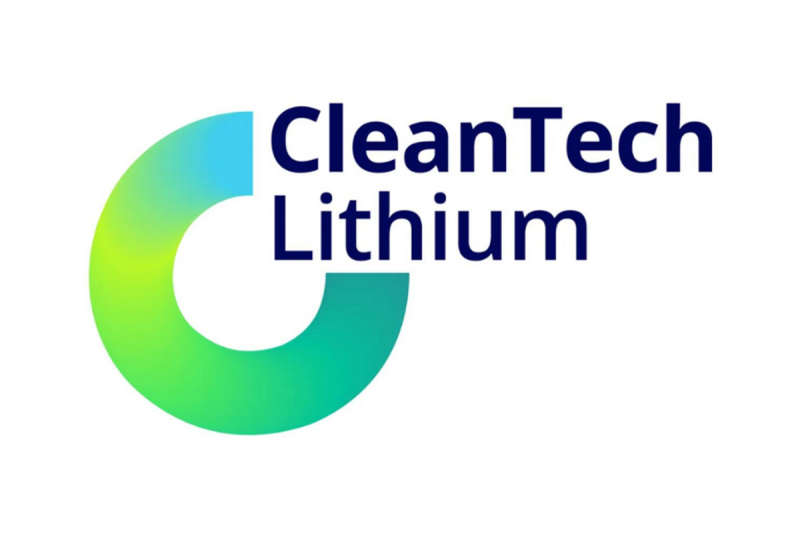
Chile’s Indigenous Leader Champions Laguna Verde Project at Santiago’s Premier Mining Seminar!
The mining industry has long been a significant player in Chile’s economy, with several companies involved in the extraction, processing, and sales of minerals. However, in recent years, the sector has faced a major paradigm shift. The focus is now not just on the extraction, but equally on environmental sustainability and the engagement of indigenous communities who surround the areas of operation. The Indigenous community leaders’ public endorsements of these projects signify a new dawn in the relationship between mining companies and the native communities. A vivid example of this progress is the endorsement of the Laguna Verde Project by a prominent Indigenous community leader at a key mining seminar held in Santiago, Chile.
The Laguna Verde Project is a flagship project aimed at exploring and exploiting the vast deposits of copper and gold in a specific region in Chile. This project is carried out responsibly and has the support of the native communities living within the proposed mining region. An essential aspect influencing its widespread acceptance is the project’s commitment to mining sustainably and creating an inclusive environment for the indigenous communities.
In Santiago, capital of Chile, a key mining seminar was held, providing an opportune platform for industry leaders, community representatives, and governmental bodies to engage in open conversations about mining activities. One key highlight of the seminar was the endorsement of the Laguna Verde project made by a respected indigenous community leader. This endorsement is more than just a vocal approval; it signifies the acceptance of the project by the local community and their willingness to collaborate for mutual benefits.
This influential community leader, whose tribe has inhabited the area for countless generations, took to the stage to voice his support for the project unequivocally. The endorsement stemmed from the comprehensive and transparent communication strategies adopted by the project’s overseers, which helped to alleviate the community’s fears and uncertainties. Furthermore, the leader was convinced of the project’s intention to respect their land, culture, and traditions while working towards creating jobs and contributing to the local economy without causing irreversible environmental damage.
The leader expressed his faith in the project’s commitment to using modern, environment-friendly mining techniques, thus minimizing the environmental footprint. He was particularly impressed with the measures planned to ensure adequate water supply for the surrounding communities, a concern that has consistently been a point of contention between mining companies and local inhabitants.
An integral aspect contributing to this endorsement was the project’s pledge to contribute to socio-economic upliftment. The Mapuche tribe’s leader lauded the project’s commitment to providing jobs, developing infrastructure, and investing in community projects, demonstrating a willingness to engage with
